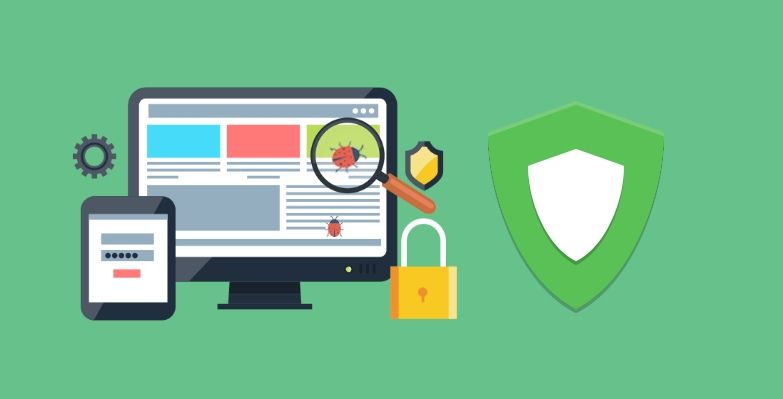Are you concerned that your website might fall victim to hacking, phishing or malware? This is a very real worry and it needs to be taken seriously. We need to remember that it is not only corporate portals that have become attractive targets to hackers. Even smaller sites are at risk; particularly if the correct protocols have not been put in place. Let’s take a quick look at four powerful strategies which can be adopted without breaking the proverbial bank.
Work with a Trusted Hosting Service
Every website requires a host in order to feature within the online community. The issue here is that not all hosts provide the same level of protection against the plethora of digital threats that have begun to emerge. It therefore pays to work with a trusted platform.
Any professional web hosting company should be able to offer much more than guaranteed uptime. Other features such as SSL encryption and protection from DDoS attacks are just as critical. Simply stated, it makes little sense to put a great deal of work into your site only for its infrastructure to become compromised at a moment’s notice. Quality hosting software will offer an additional layer of protection.
The Use of Website Builders
Modern software used to create websites from scratch are ideal solutions for those who are unfamiliar with more technical issues such as HTML5 and JavaScript. Another benefit is that the majority of these contain built-in security protocols (such as SSL encryption) that will be deployed once the site goes live. This is often a preferable option when compared to coding your own site only to realise that security vulnerabilities are present. When comparing and contrasting difference website builders, make it a point to examine what types of security features are present.
Antivirus Software
This is arguably the easiest method to employ. It is therefore slightly ironic that many websites still do not use such levels of protection. Antivirus bundles will provide your domain with a digital “umbrella” that is capable of detecting and thwarting the latest online threats. While free packages offer basic features, it is normally better to commit to a paid subscription. These alternatives are scalable in nature and they are updated on a regular basis. Make it a point to review the latest options before making a final decision.
Two-Factor Authentication
A final recommendation is particularly relevant for websites that are involved in the e-commerce sector. Two-factor authentication (2FA) will require customers to confirm their identities in two separate steps before performing a specific action (such as paying for a purchase or transferring funds into their account). The main intention here is to avoid risks such as fraud and identity theft. A growing number of point-of-sale systems now offer 2FA as an optional feature.
Keeping One Step Ahead of the Curve
Whether you are a paid blogger, an e-commerce specialist or you are associated with affiliate advertising, security should never be downplayed. All of the methods outlined above will provide you with an additional edge within such a challenging digital landscape.












